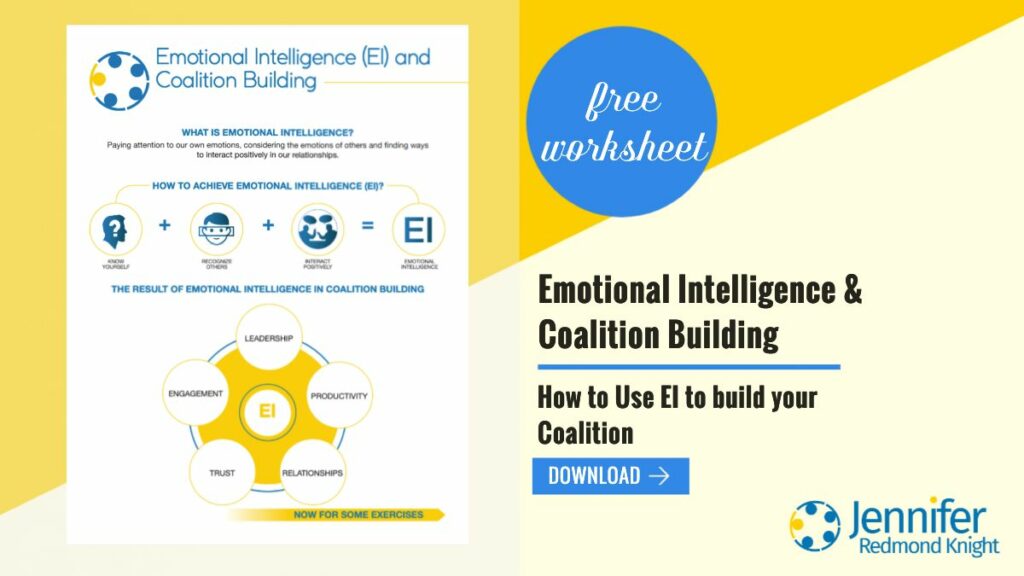As a coalition leader, you likely spend most of your time working with others, but are you able to recognize, understand and empathize with them? While we will never fully know the context, story or situation that our coalition members or partners are experiencing, when we practice the Emotional intelligence concept of social awareness, we will be able to lead our coalitions more effectively. As you develop your overall Emotional intelligence skills and continue becoming more self aware and more self managed, join me this week for three ways that you can practice recognizing others and increasing your social awareness.
Pay attention.
Whether you are meeting one-on-one with a partner, facilitating small or large group meetings, listen carefully to what they are saying. Watch for non-verbal expressions (this is why I really appreciate when people show their video on a virtual meeting!) and notice how they engage in the conversation. Attempt to listen to both the quiet and loud voices. Sometimes we have to use multiple methods in order to hear from those who do not openly share during a meeting. If it is a virtual meeting, you can attempt to use the chat or polling features. If you are in-person, provide opportunities for one-on-one and small group feedback to a discussion. One of my favorite new methods is known as the 1-2-4-All method that is part of Liberating Structures. This helps us to pay attention to more than just the loudest or most vocal participant in the group.
Ask questions.
Whether we are meeting one-on-one, in a small or large group, we may think that we know the individual or collective emotions. While we may be correct, until we take the time to ask, we may not really know. Depending upon the group and the level of trust, you may be able to openly ask questions to assess the emotional status of the group. Alternatively, if the group is new or has had some previous trust issues, you may want to begin by asking questions anonymously. This could be in the form of a poll quiz, or brief electronic survey in an online meeting. If you are in-person, you may want people to write on small pieces of paper, use a dot-voting technique or have facilitators located at individual small-group tables. The questions do not always need to be serious or focused on the specific work of the coalition. For instance, if you see people becoming distracted, disengaged or look bored, you may need to ask if they would like to take a short break. In a coalition I help lead, we recently asked for feedback on the types of meetings and their duration. We had been leading two-hour meetings and when we asked the group, they clearly preferred one-hour meetings. This feedback will help us be more socially aware and engage our coalition.
Practice empathy.
One of the aspects of social awareness that is especially powerful in our coalition work is empathy. Empathy is not about fixing someone or telling someone that you understand what they are experiencing. Empathy is listening, caring and supporting others. Empathy is being willing to sit with someone during very difficult situations or conversations without having any “words” to say. Empathy is believing the best in others. Empathy is not having an agenda for someone else but a willingness to walk beside them and really learn what is most important to them. If you want to explore this concept further, I encourage you to check out Brene Brown’s work. Her recent book “Dare to Lead” provides practical ways you can apply this concept.
If you would like a resource to help you to reflect and practice Social Awareness and Recognizing others check out my free reflection worksheet, Emotional Intelligence and Coalition Building.


